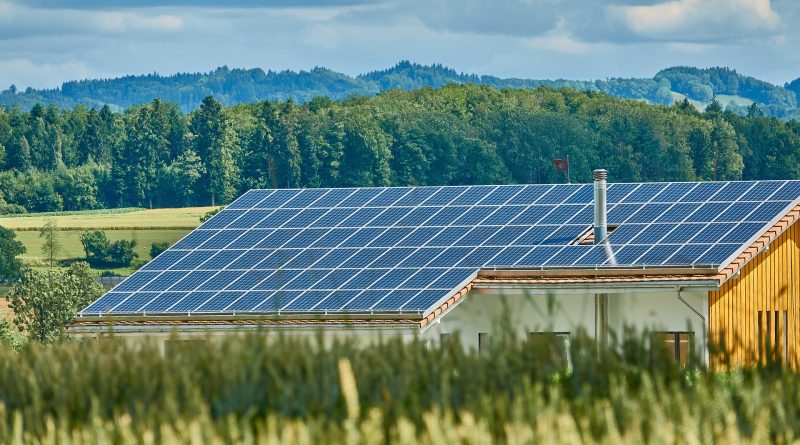Farmers Going Solar: A Comprehensive Guide
Table of Contents
Farmers, Are You Wondering About Going Solar? Here’s Your Comprehensive Guide!
Introduction:
As a farmer, you are constantly looking for ways to reduce costs and increase efficiency. One method gaining popularity in the agricultural community is the use of solar energy. Solar power has numerous benefits for farmers, from reducing energy bills to providing a sustainable source of electricity. If you’re considering going solar, this comprehensive guide will walk you through the essentials, helping you make an informed decision.
The Benefits of Solar Energy for Farmers
Solar energy offers several advantages specifically tailored to the needs of farmers. Understanding these benefits will help you determine if going solar is the right choice for your farm.
1. Reduced Energy Costs:
One of the most significant advantages of solar energy is the potential for substantial savings on your energy bills. By generating your own electricity, you can significantly decrease or even eliminate your reliance on the grid, reducing your monthly expenses.
2. Stable and Predictable Electricity Prices:
Traditional energy sources are subject to price volatility, making it challenging to forecast and budget for energy costs. Solar energy, however, allows you to produce electricity consistently and predictably, giving you greater financial stability in the long run.
3. Increased Energy Independence:
By installing a solar system on your farm, you become less dependent on traditional energy suppliers. This independence provides you with greater control over your energy consumption, helping you protect yourself from rising utility costs or potential power outages.
Factors to Consider Before Going Solar
Before diving into solar energy, several crucial factors require careful consideration. These include:
1. Sun Exposure:
Assessing the amount of sunlight your farm receives throughout the year is essential. You need to ensure that your location receives enough sunlight for solar panels to be an efficient and effective investment.
2. Available Space:
Evaluate the space available on your farm for solar panel installation. Consider factors such as roof space, ground area, or even the possibility of installing solar panels on structures like barns or sheds.
3. Energy Consumption:
Determine your farm’s energy needs to size your solar system correctly. Understanding how much electricity your farm consumes will help you design a system that meets your requirements.
The Solar Installation Process
Once you’ve decided to go solar, the installation process includes several essential steps:
1. Initial Consultation:
Contact a reputable solar installation company to schedule an initial consultation. They will assess your farm’s energy needs, evaluate the available space, and provide recommendations and cost estimates.
2. Design and Financing:
Based on the information gathered during the consultation, the solar installation company will design a custom system for your farm. They will present you with financing options, including potential incentives, grants, and financing plans.
3. Permits and Installation:
After finalizing the design and financing, the solar installation company will handle the necessary permits and paperwork required for installation. Installation itself typically takes a few days, depending on the system’s scale.
4. Interconnection and Activation:
Once the solar panels are installed, they need to be connected to the grid. A licensed electrician will handle this process, ensuring you can safely and effectively integrate solar energy into your farm’s electrical system.
Choosing a Solar Installation Company
Selecting the right solar installation company is crucial for a successful transition to solar energy. Consider the following factors when making your decision:
1. Experience and Expertise:
Look for companies with a proven track record in solar panel installations. Experience and expertise ensure that your project is handled efficiently and professionally.
2. Reputation and Reviews:
Read customer reviews and seek recommendations to assess the company’s reputation. Positive feedback and references indicate a company’s reliability and customer satisfaction.
3. Licensing and Certifications:
Ensure the company holds the necessary licenses and certifications to operate legally and maintain high-quality standards.
Conclusion
As a farmer, going solar can revolutionize your operations, providing substantial energy cost savings, stability, and increased independence from traditional energy sources. By carefully considering factors such as sun exposure, available space, and your energy consumption, you can make a well-informed decision. Remember to select a reputable solar installation company that meets your specific needs. Embracing solar energy is not just an investment in your farm’s future but also a step towards a greener and more sustainable world.


